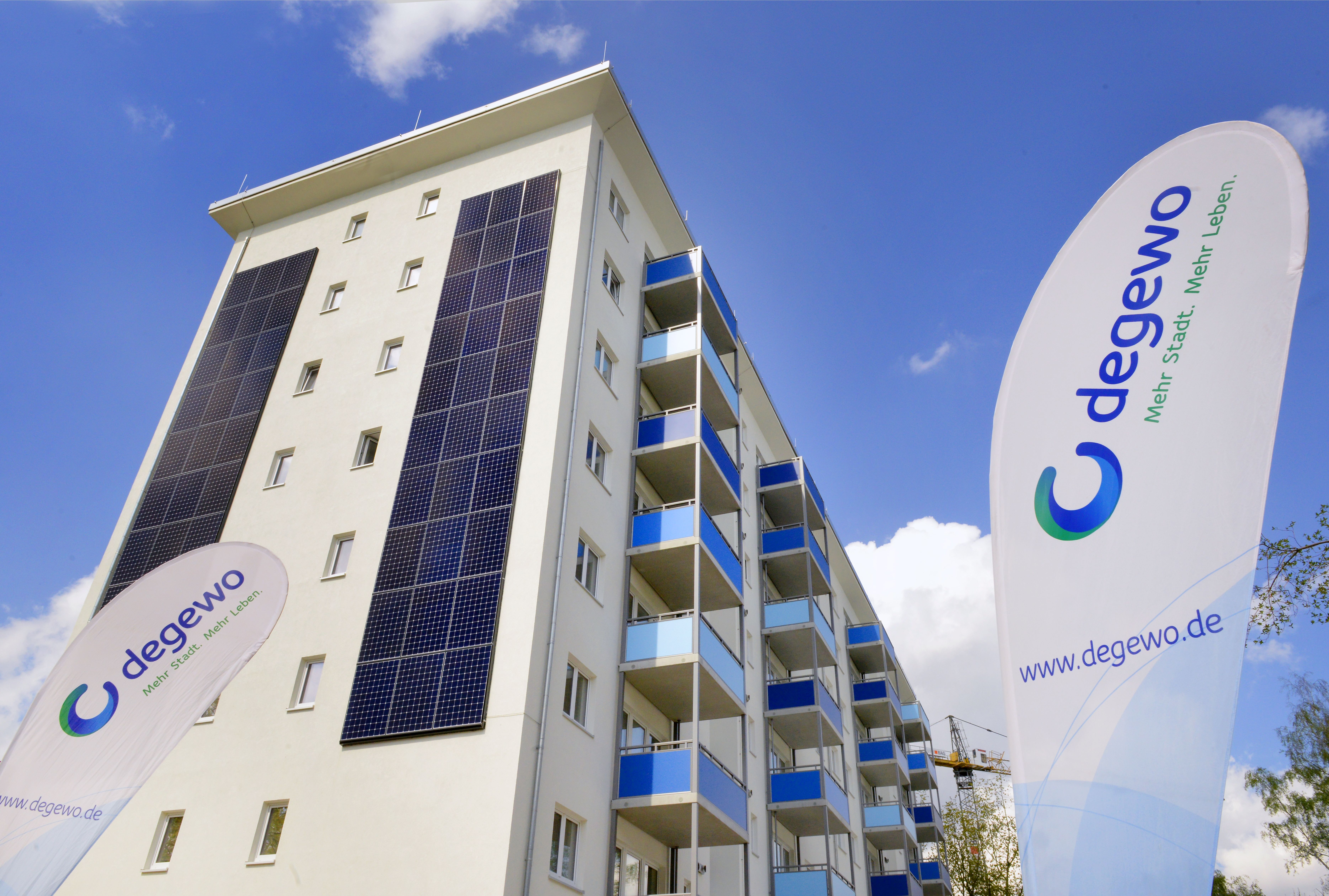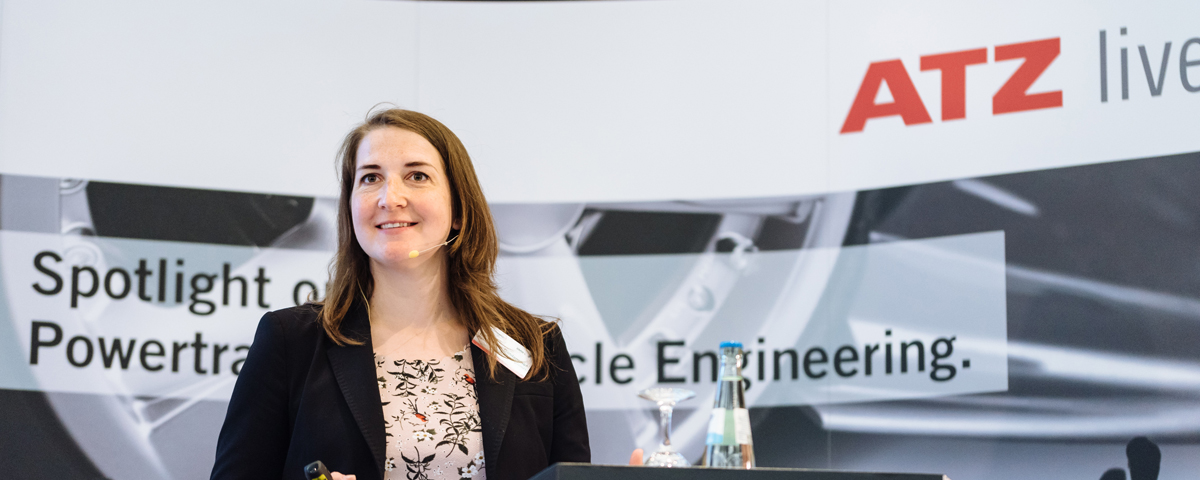
E-mobility potential for Degewo neighborhoods in Berlin
4. October 2018
elect! ATZ-Convention Electrified Mobility
8. October 2018Resilient solar energy island supply to support SDG7 on the Philippines: Techno-economic optimized electrification strategy for small islands (Bertheau, Blechinger 2018)

Paul Bertheau, Philipp Blechinger
Published in Utilities Policy, October 2018.
Abstract
The United Nations and the international community have agreed in 2016 on 17 different Sustainable Development Goals (SDGs) to improve living conditions worldwide. Among them the SDG7 aims to ensure access to affordable, reliable, sustainable and modern energy for all (Gupta and Vegelin, 2016). Achieving this goal and its multiple dimensions is a challenge for both developed as well as developing countries. Especially for countries with growing electricity demands alongside electricity access deficits, it becomes very difficult to increase the relative share of renewable energy (RE) in their supply mix at the same time as providing more citizens with access to electricity. For islands and island states, an additional dimension can complement the SDG7: the resilience of energy systems (Ioannidis and Chalvatzis, 2017). For those regions, resilient energy supply systems are of utmost importance as they are more frequently affected by climate change and weather extrema (Michalena and Hills, 2018). Thus, the requirements on resilience of electricity supply systems for islands are specifically high and summarized in the adapted SDG7 (in the following referred to as SDG7+) description: Provision of affordable, reliable, sustainable and modern energy for all by resilient systems. To achieve SDG7+ renewable and decentralized energy technologies provide feasible solutions. Renewables can form hybrid energy systems in combination with battery storage systems and / or diesel power plants (Neves et al., 2014). Such hybrid systems are often the most economical and therefore affordable supply option for islands (Kuang et al., 2016). The reliability is also high due to the use of a diverse technology mix and the use of local natural resources. Sustainability increases with higher shares of renewables in the hybrid system (Erdinc et al., 2015). Modern energy is reflected in the provision of 24/7 power and the resilience is ensured by decentral power supply with an optimized use of local resources reducing dependency from diesel supply and central generation and transmission infrastructure.
The United Nations and the international community have agreed in 2016 on 17 different Sustainable Development Goals (SDGs) to improve living conditions worldwide. Among them the SDG7 aims to ensure access to affordable, reliable, sustainable and modern energy for all (Gupta and Vegelin, 2016). Achieving this goal and its multiple dimensions is a challenge for both developed as well as developing countries. Especially for countries with growing electricity demands alongside electricity access deficits, it becomes very difficult to increase the relative share of renewable energy (RE) in their supply mix at the same time as providing more citizens with access to electricity. For islands and island states, an additional dimension can complement the SDG7: the resilience of energy systems (Ioannidis and Chalvatzis, 2017). For those regions, resilient energy supply systems are of utmost importance as they are more frequently affected by climate change and weather extrema (Michalena and Hills, 2018). Thus, the requirements on resilience of electricity supply systems for islands are specifically high and summarized in the adapted SDG7 (in the following referred to as SDG7+) description: Provision of affordable, reliable, sustainable and modern energy for all by resilient systems. To achieve SDG7+ renewable and decentralized energy technologies provide feasible solutions. Renewables can form hybrid energy systems in combination with battery storage systems and / or diesel power plants (Neves et al., 2014). Such hybrid systems are often the most economical and therefore affordable supply option for islands (Kuang et al., 2016). The reliability is also high due to the use of a diverse technology mix and the use of local natural resources. Sustainability increases with higher shares of renewables in the hybrid system (Erdinc et al., 2015). Modern energy is reflected in the provision of 24/7 power and the resilience is ensured by decentral power supply with an optimized use of local resources reducing dependency from diesel supply and central generation and transmission infrastructure.




